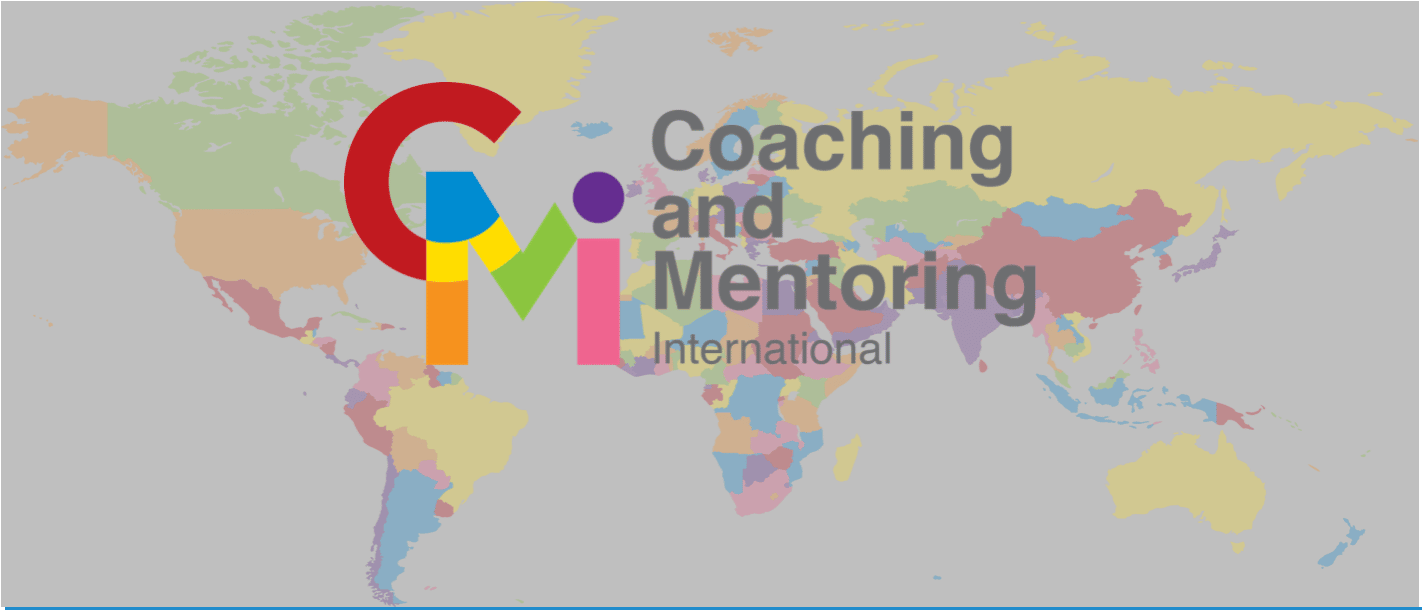As a relatively new phenomenon, team coaching is still finding its feet. In this blog, I outline some of the emergent trends, which are likely to shape team Coaching in the coming decade. There are surely others, which I haven’t noticed, but those that I have include:
- A gradual movement towards professionalization of team coaching. This can be seen in discussions within the European Mentoring and Coaching Council and elsewhere about standards for team coaching, and in the rise of academic accreditation for team coaches. It is too soon to see team coaching as a required element of coach training, even at masters degree level, but it is probably only a matter of time before this becomes common practice.
- Increasing clarity about what team coaching is, for both providers and purchasers. It will become less tenable to label team facilitation, management consultancy or team building as team coaching. (However, this is probably not going to happen overnight and caveat emptor is still a wise nostrum!).
- Team coach supervision. There is, at present, only a handful of qualified (i.e. formally accredited to at least post-graduate certificate level) supervisors with credible team coaching expertise. In countries, such as the UK and Germany, where there are well-established communities of qualified coach supervisors, this transition is likely to be relatively smooth. In countries, where supervision for one-to-one coaching is less entrenched (including the United States, where relatively few coaches have an appropriate level of supervision), this is likely to take longer.
- Increased emphasis on team coaches’ knowledge and competence in systems theory and managing systems dynamics. Peter Hawkins’ book Leadership Team Coaching has been useful in extending the boundaries of systems thinking in team coaching. However, the toolkit of tools and techniques for addressing systems issues – especially where they concern the team’s relationships with its external environment and other teams – could be expanded considerably, with further scavenging from the worlds of family therapy, social mapping, and chaos studies.
- Research and writing. A search on any of the Internet book distributors quickly reveals how few books on team coaching there are. Similarly, the academic literature is relatively thin. The list of topics that can be explored is vast, but falls conveniently into two categories: fundamental studies of key aspects of team dynamics and how the coach can assist (e.g. how teams make decisions); and applications of schools of one-to-one coaching practice to the team environment. The late Richard Hackman, whose research and writing informed much of our current thinking about team effectiveness, nurtured a caucus of US researchers, who continue his work. Some of these are interested in the team coaching dynamic. There is also research interest in Europe and Australia.
- Expanding scope of team coaching. Most team coaching is targeted at top teams or enterprise-critical teams. In part, this is because team coaching is a relatively expensive, medium-term investment. However, some organisations, which have benefited from team coaching at the top, are examining how to spread team coaching throughout their structure, for teams at any level. This will in most cases involve developing a team coaching capability internally. Managers, who have demonstrated good coaching skills one-to-one within their teams, have the potential to continue their development and take on team coaching roles for other teams within the business.
- Team coaching is becoming a de facto element of creating a coaching culture – quietly added to the list of factors, which will encourage and reinforce a coaching mindset.
These are exciting times for team coaching — for becoming a team coach, and for developing the knowledge base and for building a community of practice.
© David Clutterbuck, 2013





